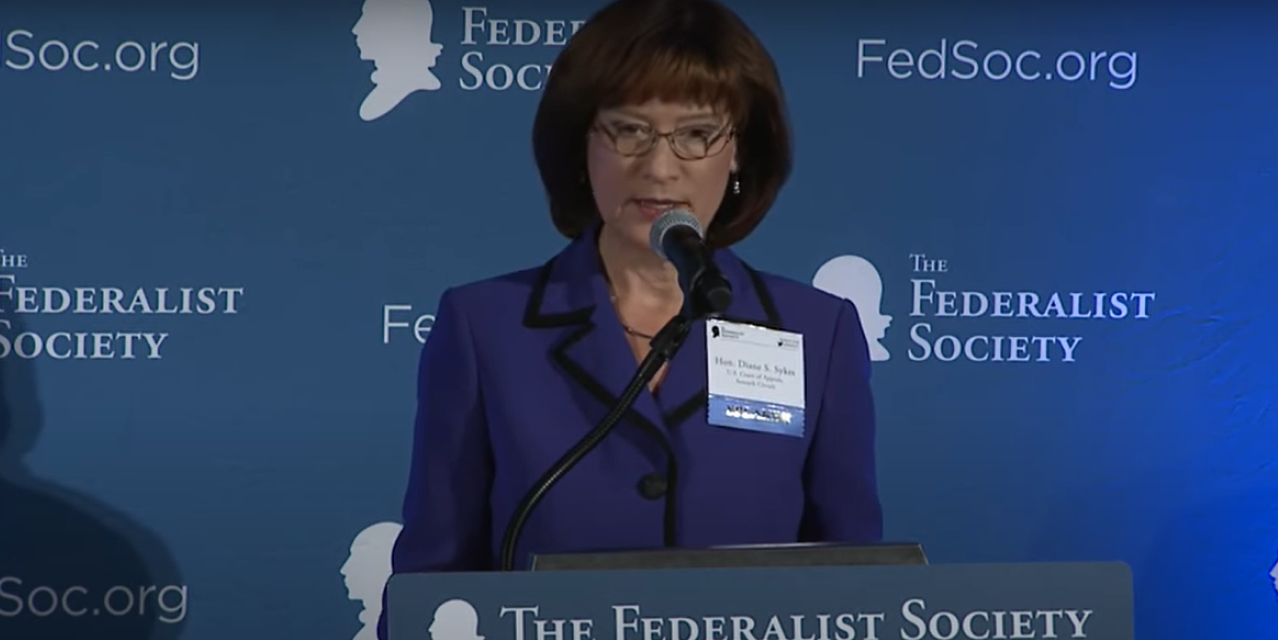CHICAGO — A federal appeals panel has refused to allow a company — one it branded a “copyright troll” — to use the courts to enforce its asserted rights concerning housing designs it acquired to file lawsuits and seek settlements.
The legal dispute involves Design Basics and Carmichael & Dame Designs, which together sued Signature Construction and related companies, alleging Signature copied 10 of its registered floor plans for single-family suburban houses. U.S. District Judge Colin Bruce, of the Central District of Illinois, in Springfield, entered summary judgment in favor of the defendants.
Design Basics asked the U.S. Seventh Circuit Court of Appeals to overturn that ruling by invalidating its own 2017 opinion in Design Basics v. Lexington Homes. The panel declined, in a decision issued April 23. Judge Diane Sykes wrote the opinion; Judges Diane Wood and David Hamilton concurred.

Stephen Judge
| South Bank Legal
Sykes said Design Basics has registered copyrights for thousands of floor plans and noted “its employees trawl the Internet in search of targets for strategic infringement suits of questionable merit.” The panel said the challenge against Signature is “one of more than 100 such lawsuits in the last decade or so,” and that its findings in Lexington remain controlling.
“Design Basics’ copyright in its floor plans is thin,” Sykes wrote. “The designs consist mainly of unprotectable stock elements — a few bedrooms, a kitchen, a great room, etc. — and much of their content is dictated by functional considerations and existing design conventions for affordable, suburban, single-family homes. When copyright in an architectural work is thin, only a ‘strikingly similar’ work will give rise to a possible infringement claim.”
The panel further noted Patrick Carmichael and Myles Sherman bought Design Basics earlier this century, after which litigation proceeds became a key revenue stream, to the point where it pays employees who find lawsuit targets a percentage of the net amount recovered through legal action. Quoting Lexington, Sykes said the company’s intent is securing “prompt settlements with defendants who would prefer to pay modest or nuisance settlements rather than be tied up in expensive litigation.”
Although Design Basics altered its strategy in the Signature lawsuit by including an affidavit from a third-party architect attesting to the alleged infringement, the panel noted the description of the 10 contested designs “purports to separately analyze the distinguishing features of each of the copyrighted plans at issue here, but the descriptions are so ordinary and interchangeable as to be virtually meaningless.”
Though not directly related, the dispute is similar to troll lawsuits in patent cases. In such litigation, an entity acquires a patent to then initiate legal action against the manufacturer of an existing product, by attempting to establish a protected interest in some aspect of the item. Such patent troll lawsuits have been highlighted by legal reformers as examples of abusive litigation that uses the court system merely to extract payments from defendants.
With copyright disputes such as Design Basics’ claim, the panel explained, “the plaintiff has the burden to show that the two works are so similar that copying is a better explanation for the similarities than pure coincidence.”
Some concepts cannot be copyrighted, the panel continued, when there are limited ways to express the idea. It offered examples such as accounting principles or sweepstakes competition rules, and said the “functional requirement of living spaces,” as well as “the general concept of the affordable, multipurpose, suburban, single-family home also contributes to the design.”
Sykes’ wrote that Design Basics’ library of more than 2,800 housing concepts constitutes an attempt “to occupy the entire field” such that it seeks grounds to sue over nearly any other home design.
Finding Judge Bruce’s summary judgment proper, the panel affirmed.
Design Basics has been represented by attorneys Stephen M. Judge, John D. LaDue, Paul Edgar Harold and Sean J. Quinn, of South Bank Legal, of South Bend, Ind.
Signature Homes and other defendants have been represented on appeal by attorney Anne L. Cowgur, of the firm of Taft Stettinius & Hollister LLP, of Indianapolis.
